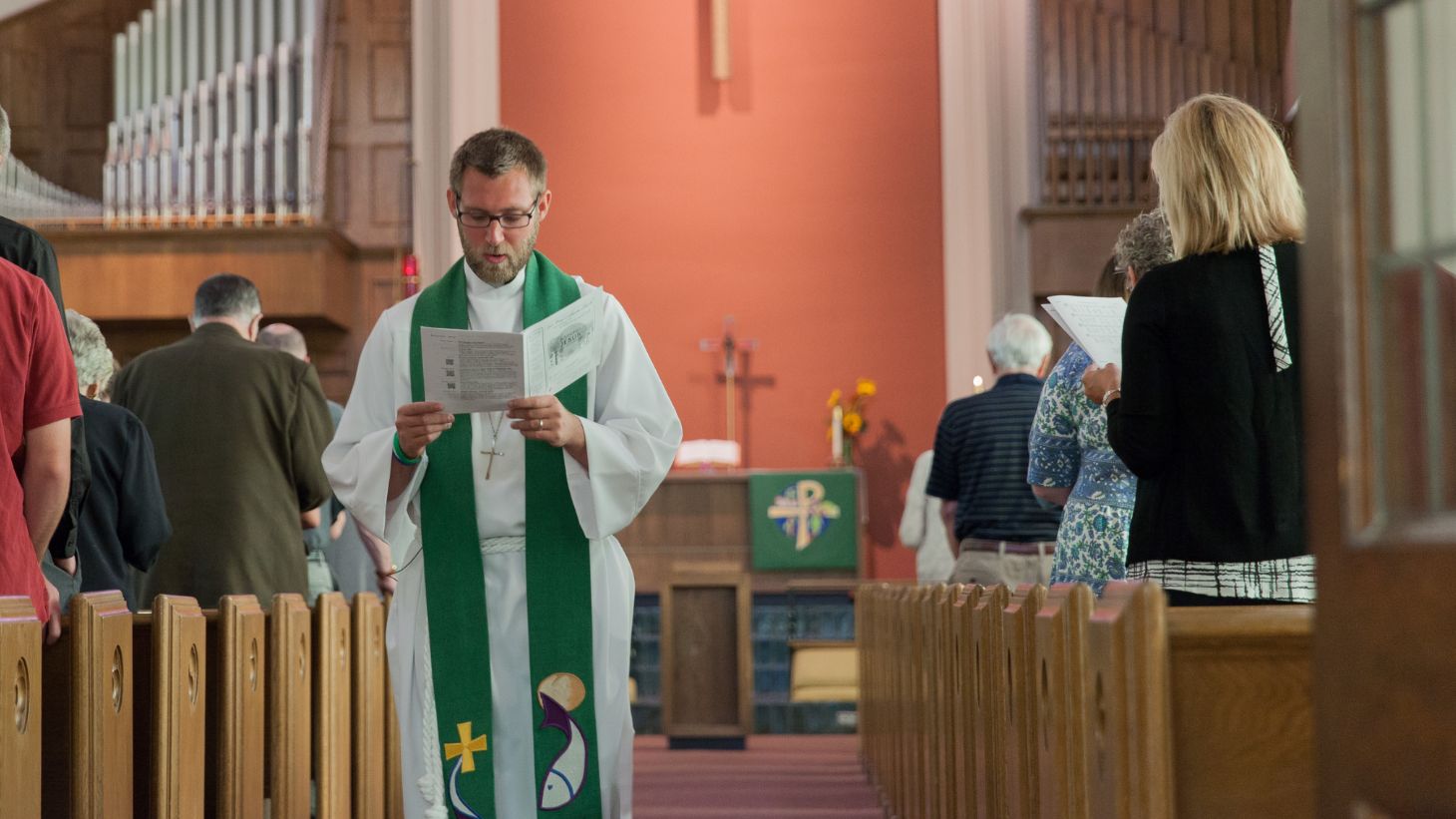As many Protestant denominations prepare to gather this summer for their national meetings, most pastors believe it is vital for their church to be part of a denomination but doubt the importance of those types of ties lasting another decade.
A Lifeway Research study asked Protestant pastors their thoughts on the importance of denominations and how they believe denominations will fare in the next 10 years.
“Among Protestant churches in the United States, there continues to be denominational splits and disputes, the emergence of new local and national nondenominational networks, and the presence of a large number of churches that do not belong to a denomination, convention or conference,” said Scott McConnell, executive director of Lifeway Research. “This begs the question whether those within Protestant denominations still see value in them.”
Continued connections
Almost 8 in 10 Protestant pastors whose church is in a denomination or denomination-like group (78%) say they personally consider it vital to be part of a denomination, with 53 percent strongly agreeing, according to the Nashville-based research firm. One in 5 disagree (20%), while 2 percent are not sure.
Pastors believe their congregations share their opinion about the denominational ties. A similar percentage (77%) say their congregation believes it is vital for their church to be part of a denomination, though fewer strongly agree (44%). Again, 21 percent disagree, and 2 percent are not sure.
“While the connections of some denominations are completely voluntary, those of others are deeply rooted in their polity,” said McConnell. “Yet communicating the importance or the benefits of relating to the denomination in this way cannot be taken for granted. One in 5 pastors do not see that value today.”
Some pastors are more likely to believe connecting to a denomination is vital to them personally. Younger pastors (18-44) are more likely to agree than those 65 and older (83% to 74%). White pastors (80%) are also more likely to see that tie as vital than African American pastors (63%).
There are also distinctions within different denominational streams. Mainline pastors (92%) are more likely than evangelical pastors (76%) to say being a part of a denomination is important to them personally. Among specific denominational groups, Lutherans (95%) are the most likely to agree and pastors in the Restorationist movement (31%) are the least likely to agree.
Denominational demise?
Despite most pastors affirming the personal and congregational importance of being connected to a denomination, a majority believe that value will decrease in the next decade. More than 6 in 10 pastors currently at a church in a denomination or denomination-like group (63%) say the importance of being identified with a denomination will diminish in the next 10 years. Around a third of pastors (32%) disagree, and 5 percent are not sure.
In many cases, those pastors most likely to see personal and congregational value in denominational connections are those most likely to see that importance continue through 2030. Young pastors (18-44) are the least likely to say identifying with a denomination will diminish in importance in the next decade (54%).
“Many, including pastors, who predicted the demise of Protestant denominations in the US have not proven prophetic,” said McConnell. “The fact that younger pastors are less pessimistic could signal better days ahead for denominations or at least fewer memories of the worst days.”
While it is impossible to know how those predictions will fare 10 years from now, pastors shared similar views in 2010, according to a previous Lifeway Research study.
Strong agreement has dipped slightly on the questions of denominational importance since 2010, but overall agreement has remained largely unchanged. A decade ago, 76 percent of denominationally connected pastors said they considered it vital to be part of a denomination personally, and 76 percent said their congregation felt the same.
In 2010, 62 percent believed the importance of being identified with a denomination would be diminished by now. The total percentage who sees a coming decline is near the current 63 percent, but fewer today are as confident in their prediction. A decade ago, 28 percent strongly agreed the importance would diminish. Today, the percentage dropped to 19 percent.
Pastors may be more pessimistic about their denominations than those in their communities. A 2015 Lifeway Research study on Americans’ views of denominations found most were open to churches connected to major Christian groups. No matter the denomination, fewer than half of Americans, even among the nonreligious, said a church connected to that denomination was “not for me.”
When asked whether they had a favorable or unfavorable opinion, or were not familiar enough to form an opinion of specific denominations, favorable percentages were higher than unfavorable for each group, and every denomination had unfavorable percentages below 28 percent.
Aaron Earls is a writer for Lifeway Christian Resources.
Based on a 2020 survey of 1,007 Protestant pastors by phone and online, with 95 percent confidence that the sampling error does not exceed plus or minus 3.4 percent. For more information, view the complete report or visit LifewayResearch.com.










